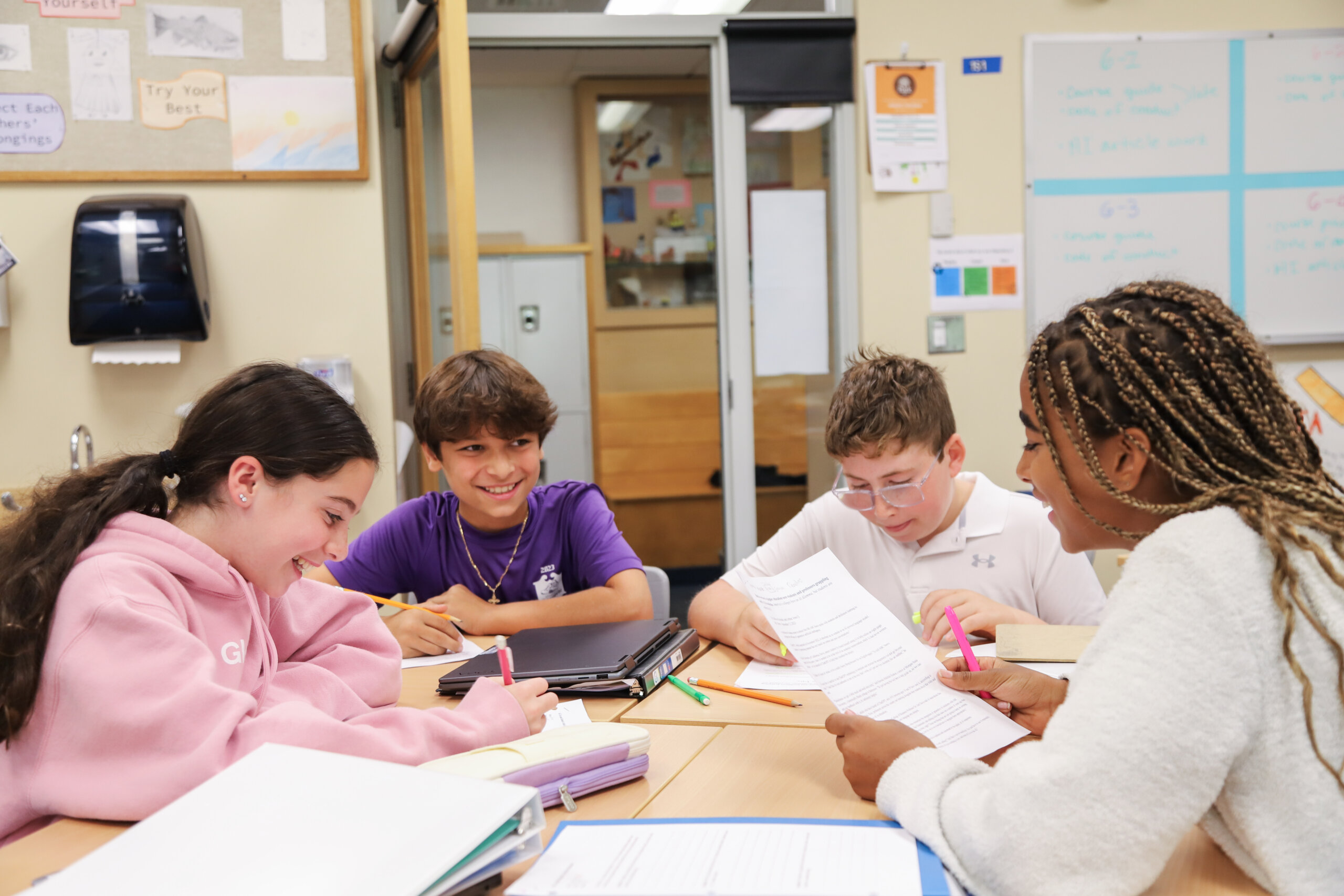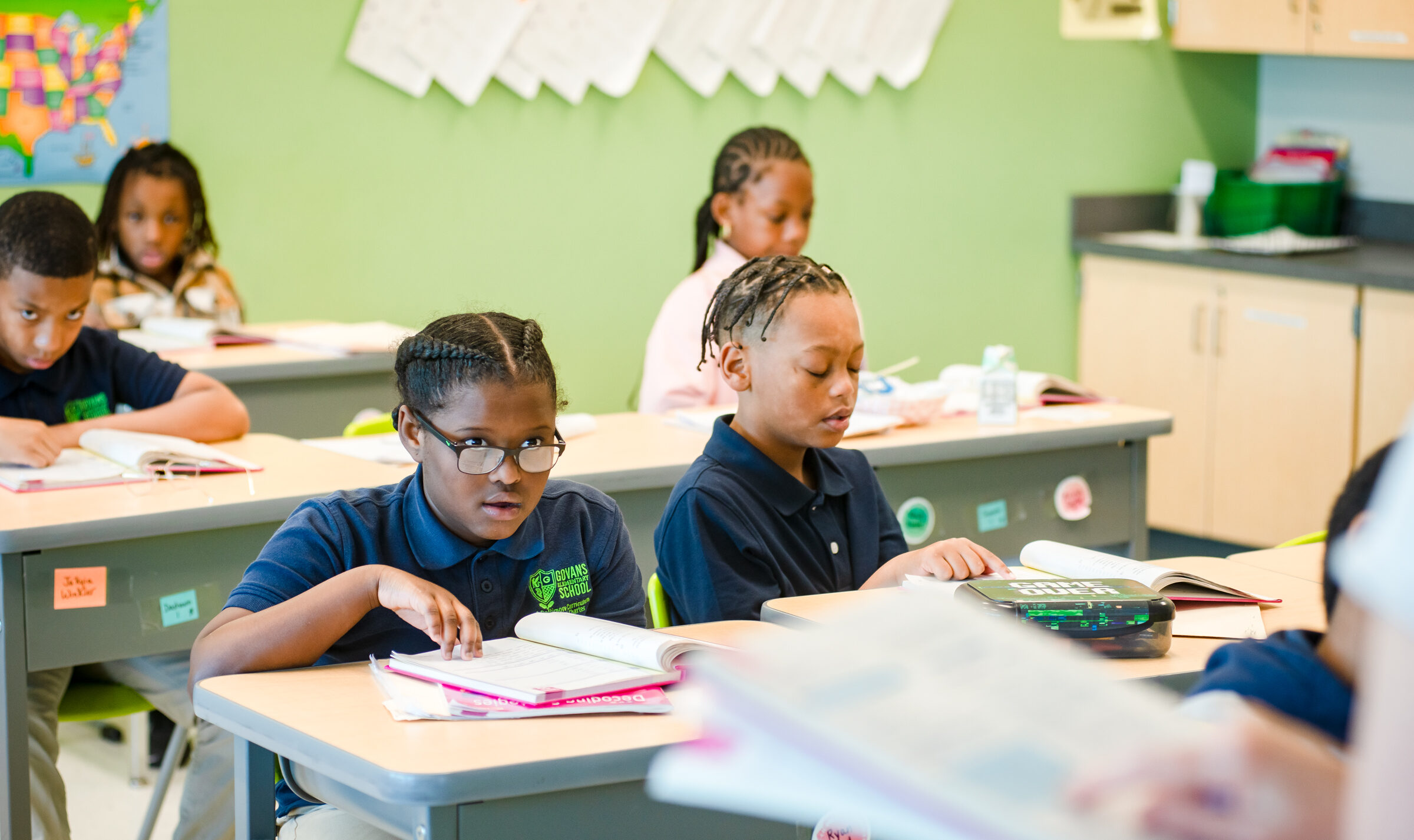Variables to Consider in Choosing Private Institution: Comprehending What Each Organization Needs To Offer for Your Child's Development
Picking a personal college for a youngster includes cautious consideration of numerous aspects. Parents need to analyze the academic curriculum and training philosophies of numerous establishments. They need to likewise check out after-school activities that could enrich their youngster's experience. In addition, comprehending the institution's culture and worths is crucial for placement with family members beliefs. As financial effects play a substantial function, it is essential to weigh tuition prices versus offered scholarships. How do these components form a child's development course?
Academic Curriculum and Training Approach
When selecting an exclusive institution, understanding the scholastic curriculum and training philosophy is necessary, as these elements substantially influence a kid's educational experience. Moms and dads should check out the college's method to training and the topics supplied, as this can vary substantially among establishments. Some institutions may adopt a traditional curriculum concentrated on core topics, while others could stress project-based understanding or interdisciplinary researches.
Additionally, the training philosophy can shape class dynamics and trainee involvement. Schools that focus on a student-centered strategy typically foster essential thinking and collaboration, while those with a more structured setting may concentrate on self-control and fundamental skills.
Extracurricular Activities and Enrichment Programs

Value of Diverse Activities
While scholastic excellence is typically prioritized secretive institutions, the significance of diverse activities, including extracurricular activities and enrichment programs, can not be overstated. These tasks play a crucial function in a child's all natural growth, supplying possibilities for creative thinking, vital thinking, and synergy. Participating in various searches allows pupils to explore their interests, discover new interests, and establish essential life skills, such as time management and self-discipline. Furthermore, diverse tasks can foster a feeling of belonging and community, improving the total school experience. By joining clubs, sports, and creative undertakings, students not only enhance their education yet likewise develop unforgettable experiences that add to their individual growth. As a result, diverse activities are integral to promoting well-rounded people.
Influence On Social Skills
Just how do extracurricular activities and enrichment programs affect a child's social skills? These programs provide necessary opportunities for kids to interact with peers outside of the typical classroom setup. Involving in clubs, sporting activities, or arts fosters interaction, problem, and teamwork resolution. Youngsters find out to browse varied social settings, boosting their capacity to create friendships and establish empathy. Furthermore, joining different activities motivates confidence, as children tackle brand-new obstacles and responsibilities. As they collaborate on tasks or contend in teams, they also gain beneficial experience in management and teamwork. Eventually, an abundant selection of extracurricular offerings contributes considerably to a child's social development, preparing them for future interpersonal interactions in both academic and individual contexts.
Institution Culture and Values
Comprehending the institution culture and values is vital for parents examining personal education options, as these elements significantly influence a child's overall experience. Each institution symbolizes special viewpoints, traditions, and social standards that shape pupils' day-to-day lives. A college that highlights inclusivity might foster a helpful environment, encouraging kids to develop empathy and regard for diverse histories. On the other hand, establishments that prioritize scholastic quality may create a competitive atmosphere, motivating pupils to aim for high achievement.
Moreover, the positioning of an institution's values with a household's beliefs can improve a kid's sense of belonging, strengthening positive habits and mindsets. Moms and dads must explore the college's goal declaration, examine its corrective plans, and observe student interactions to assess the current culture. Ultimately, an institution's society and worths substantially impact not only academic success however additionally individual growth, gearing up youngsters with essential life skills for their future.
Course Dimension and Student-Teacher Proportion
Course dimension and student-teacher proportion play a vital role in the academic experience used by exclusive schools. Smaller classes commonly bring about enhanced individual attention, fostering far better pupil interaction and understanding. Research study suggests that these elements can substantially affect learning end results, making them vital considerations for parents.
Benefits of Smaller Classes
Smaller sized course dimensions significantly improve the educational experience by fostering more tailored attention from educators. In these settings, instructors can tailor their direction to meet specific student requirements, permitting a deeper understanding of the product. With fewer pupils, instructors can much more easily identify those that might be having a hard time and offer immediate assistance. This close communication can grow stronger partnerships between pupils and educators, creating an encouraging atmosphere for finding out. Additionally, smaller sized classes typically promote greater involvement, as students might feel more comfy voicing their thoughts and inquiries. This vibrant urges joint discovering and boosts general classroom involvement. Inevitably, the benefits of smaller sized classes add incredibly to an all-around academic experience that focuses on trainee growth and development.
Influence On Learning Outcomes
The you can find out more advantages of smaller courses expand past personalized attention, significantly affecting discovering end results. Research continually shows that a reduced student-teacher proportion promotes improved interaction, enabling instructors to customize direction to individual demands. This setting urges energetic participation, crucial reasoning, and much deeper understanding of the product. In smaller sized setups, instructors can much more effectively recognize and resolve discovering gaps, leading to enhanced academic performance. Grade School Peoria. Additionally, students typically feel a lot more comfortable revealing their ideas and asking concerns, which can additionally improve the understanding experience. Alternatively, bigger course dimensions might restrict communication and comments, potentially impeding trainee development. Because of this, when examining personal institutions, households ought to consider class dimension and student-teacher proportions as considerable elements impacting their child's instructional success
Area Involvement and Adult Involvement
How can community engagement and parental participation boost the academic experience in personal schools? These elements play a necessary function in enriching the finding out atmosphere. When moms and dads proactively take part in institution tasks, they promote a sense of belonging and assistance amongst trainees. This involvement can take different forms, such as offering for events, going to meetings, or signing up with committees, which not only enhances the college community however additionally enhances communication in between educators and families.
Neighborhood interaction prolongs this assistance by attaching the institution with neighborhood organizations, businesses, and social organizations (Private School). Such collaborations supply students with special learning possibilities, including teaching fellowships and workshops, which add to their overall growth. Furthermore, schools that focus on these connections often create a more comprehensive environment, enabling varied point of views to be shared. Eventually, area interaction and adult participation serve to produce a collective and encouraging atmosphere that adds favorably to students' academic and social success
Financial Considerations and Scholarships
Steering the monetary landscape of private schools can be a complex process for family members. Tuition prices vary significantly, commonly influenced by aspects such as area, centers, and the college's credibility. Family members need to examine their monetary situation, considering not only tuition but also added expenditures like uniforms, fees, and extracurricular tasks.
Several independent schools offer scholarship programs focused on drawing in diverse trainee populations - Grade School Peoria. These scholarships can make and relieve monetary burdens high quality education and learning easily accessible to families with varying earnings degrees. It is necessary for parents to ask about the accessibility of need-based and merit-based scholarships and recognize the application processes involved
In addition, some institutions give versatile layaway plan that can alleviate prompt financial stress. By assessing all economic elements and exploring scholarship possibilities, households can make educated choices that align with their financial constraints and educational objectives.
Often Asked Concerns
How Do Schools Assistance Students With Knowing Disabilities?
Institutions sustain pupils with learning impairments with individualized education and learning plans, specialized teaching approaches, and added sources. They frequently supply customized treatments, access to sustain team, and inclusive settings to cultivate academic and emotional growth.
What Is the College's Method to Technique and Behavior Management?
The institution's strategy this link to discipline and habits monitoring highlights favorable reinforcement, clear expectations, and restorative practices. Staff proactively involve students in conversations regarding actions, promoting an encouraging environment that motivates personal duty and liability.
Exactly How Do Institutions Manage Student Shifts, Such as Relocating To Higher Qualities?
Institutions normally supply structured assistance during student adjustments, including orientation programs, mentorship possibilities, and tailored scholastic preparation. These actions intend to ease anxiousness, promote change, and assurance students are planned for the difficulties of greater grades.
What Are the College's Plans on Modern technology Usage in the Class?
Just How Do Institutions Assess Pupil Development and Offer Responses to Moms And Dads?
Schools evaluate student progression with normal assessments, including tests, jobs, and class engagement. Comments is supplied to parents by means of progress report, parent-teacher seminars, and on the internet websites, making sure continual communication concerning each kid's scholastic development.
